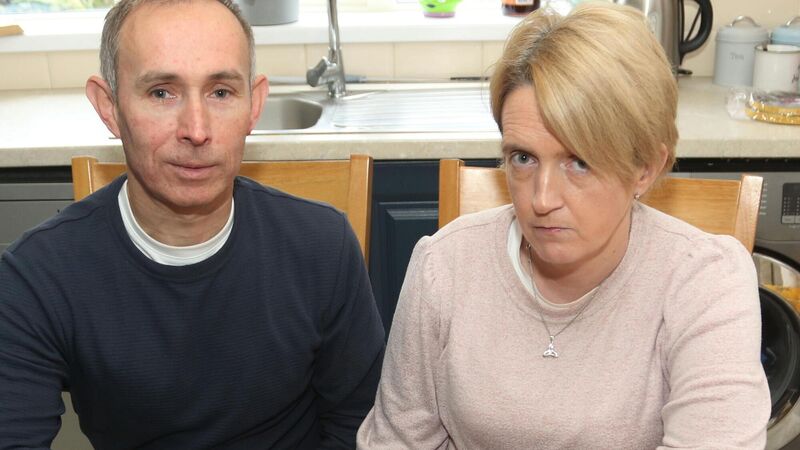Parents of Tipperary boy with rare disorder fear for his life

Caitriona and Rafal Pliszka in their home in Cashel, Co Tipperary, whose son suffers from ARFID. Picture: Brendan Gleeson
The parents of a young Tipperary boy with autism and a rare eating disorder are fearful for his life because he cannot access the services he needs.
Riain Pliszka from Cashel is 11-years-old. He was diagnosed with autism in 2013, at the age of two, and also has anxiety.













